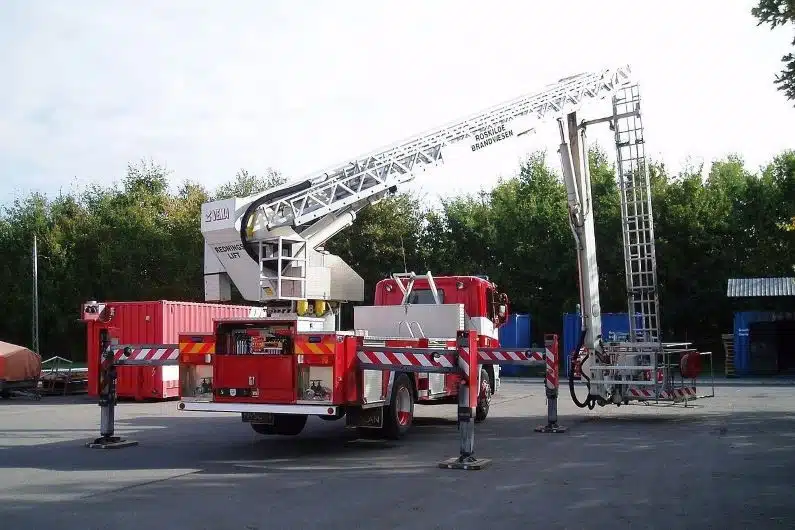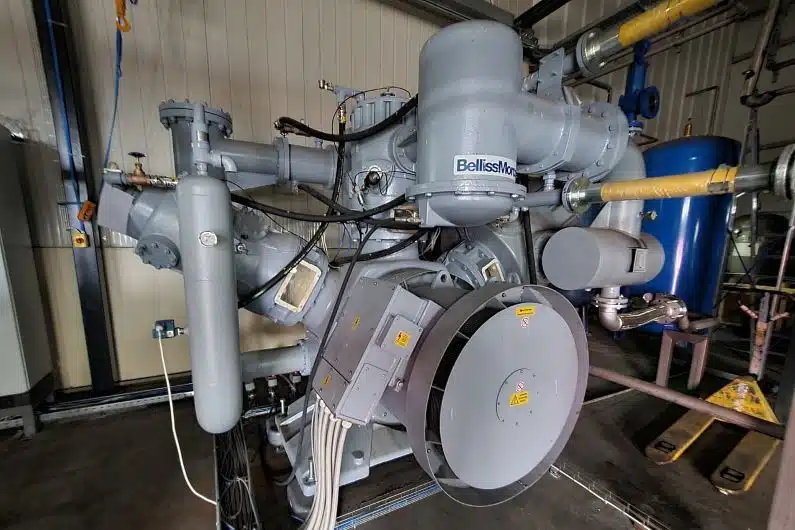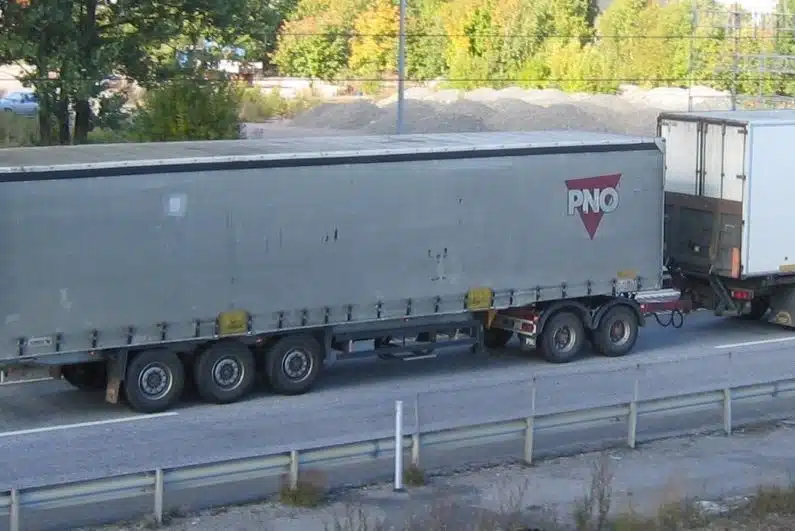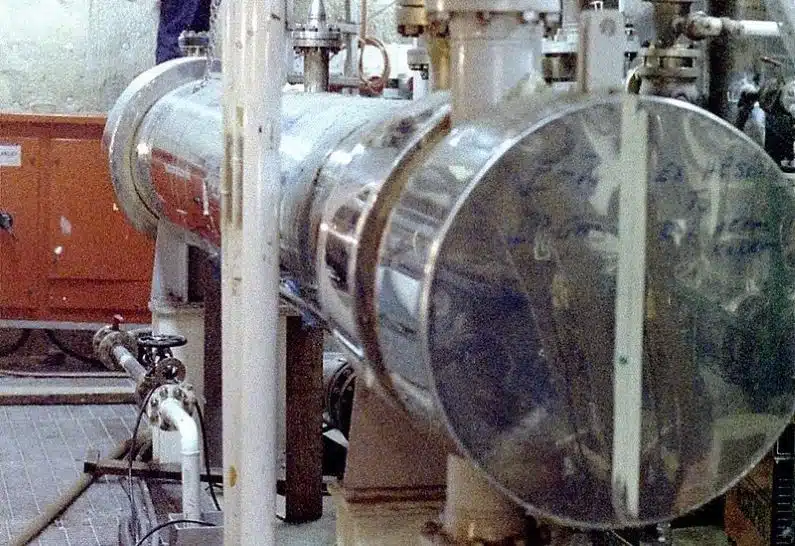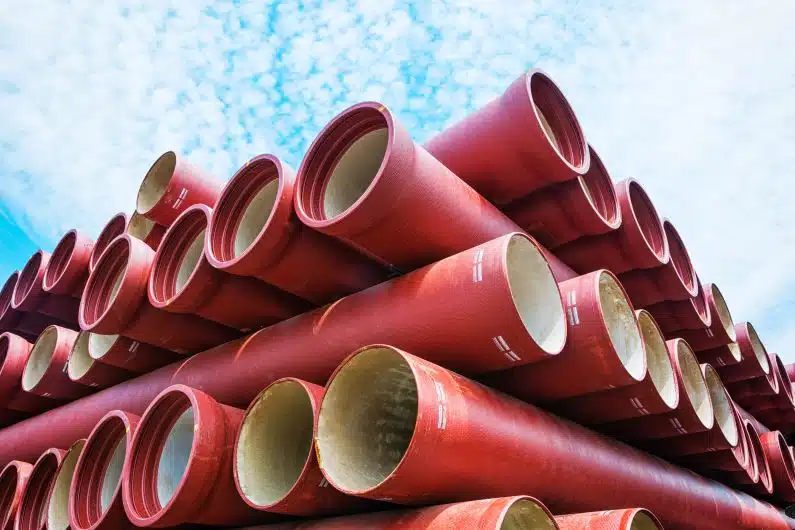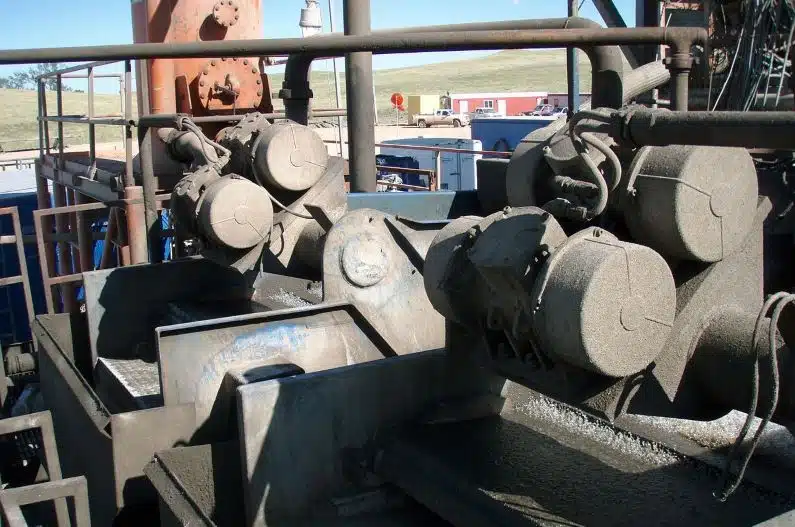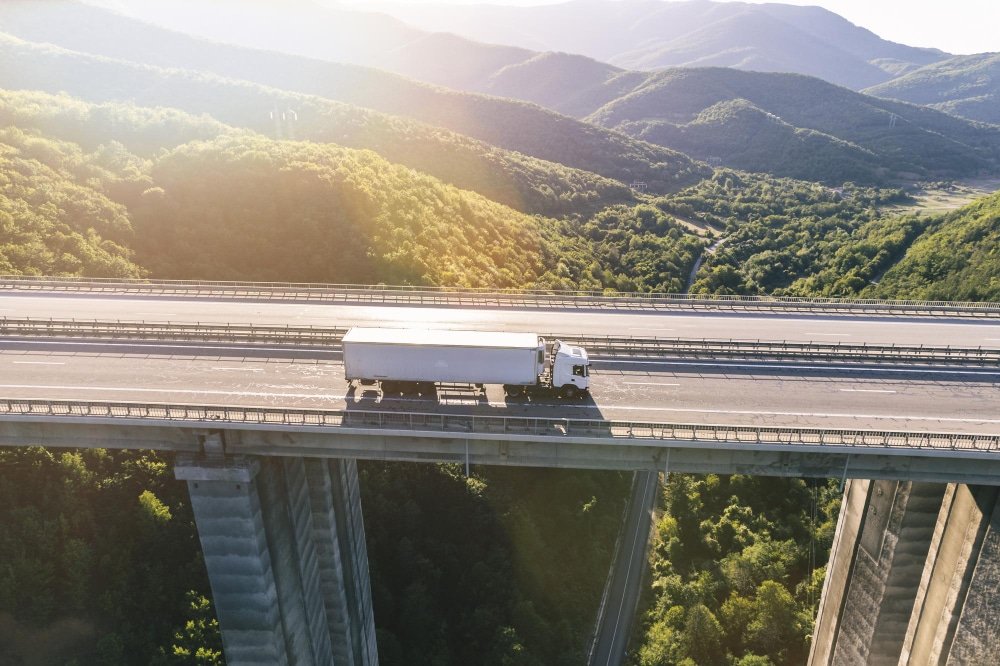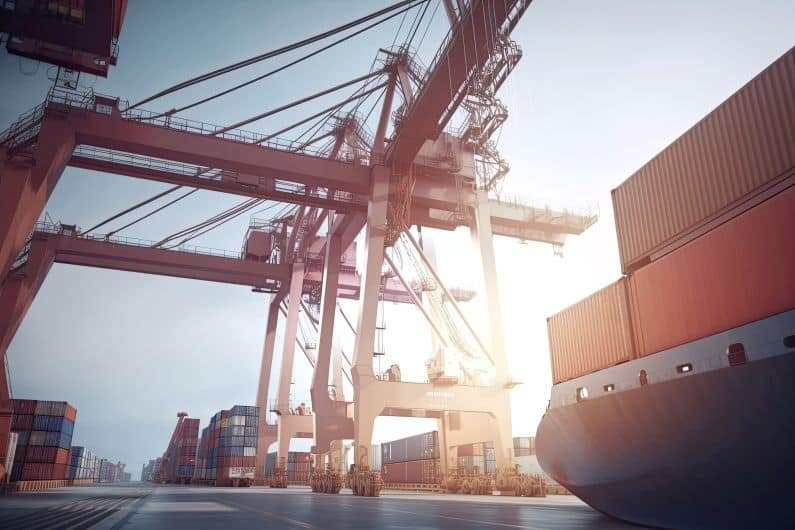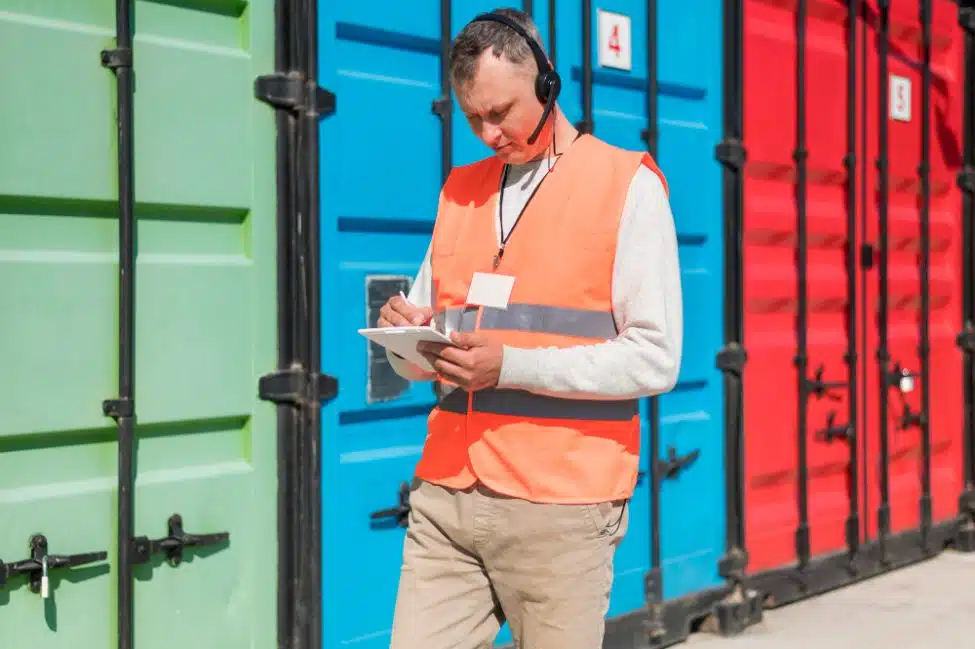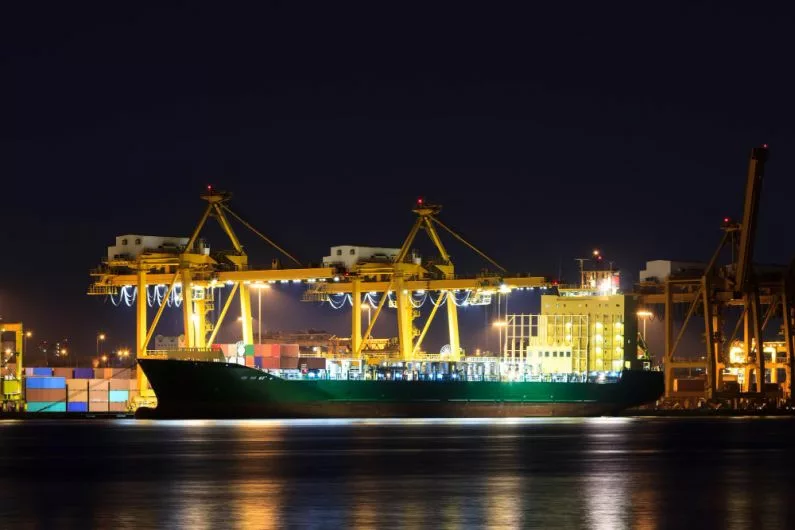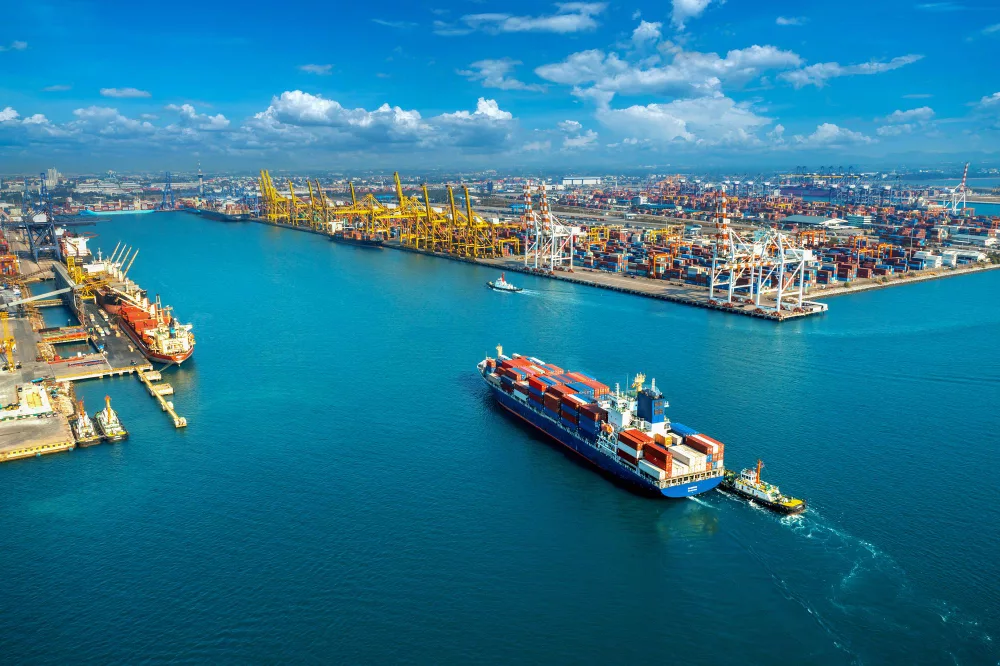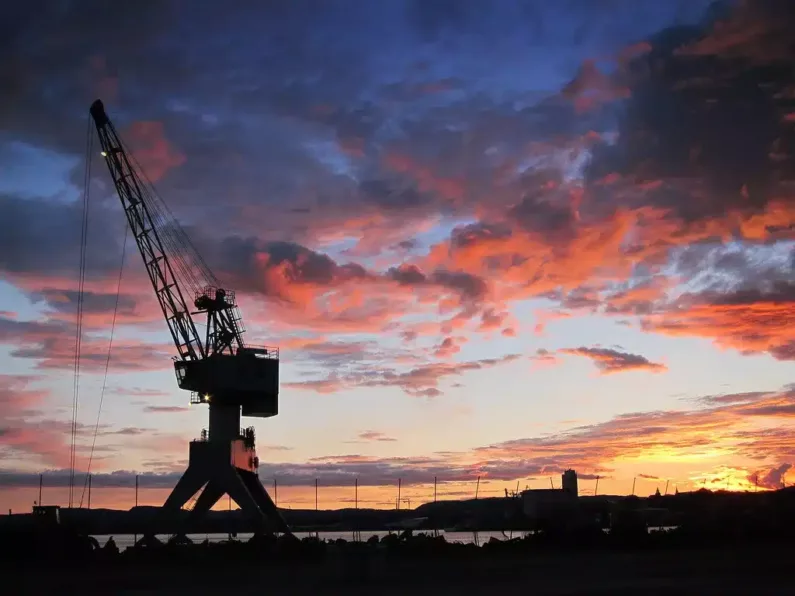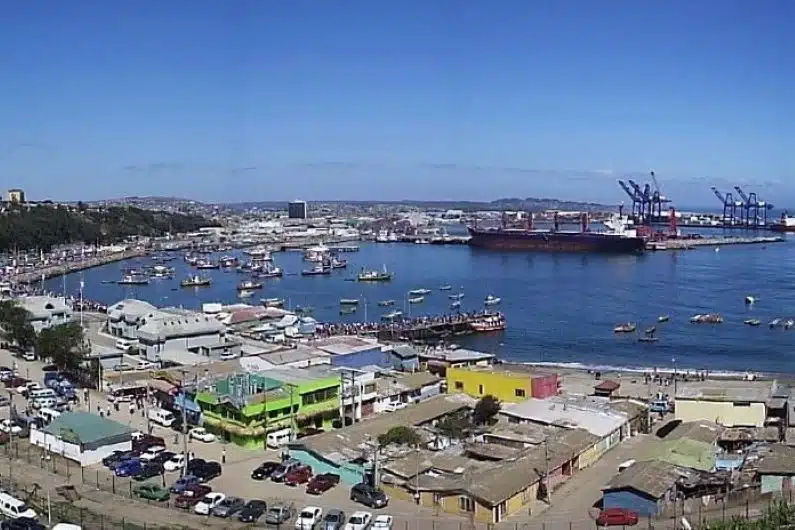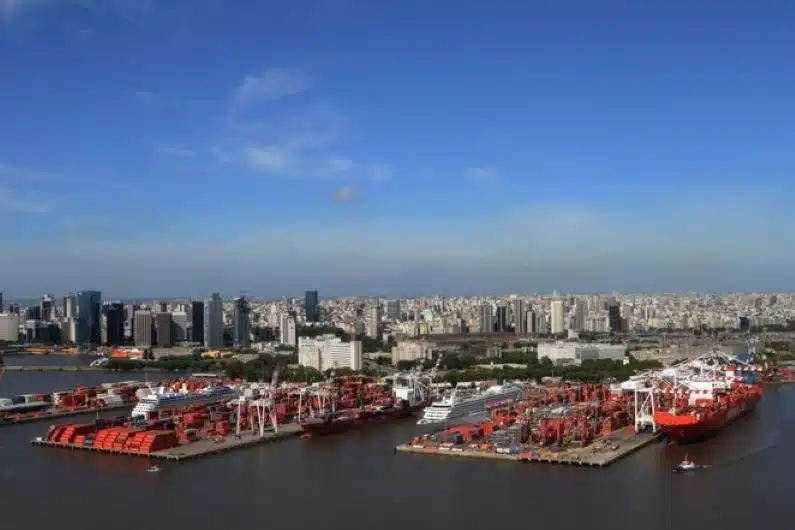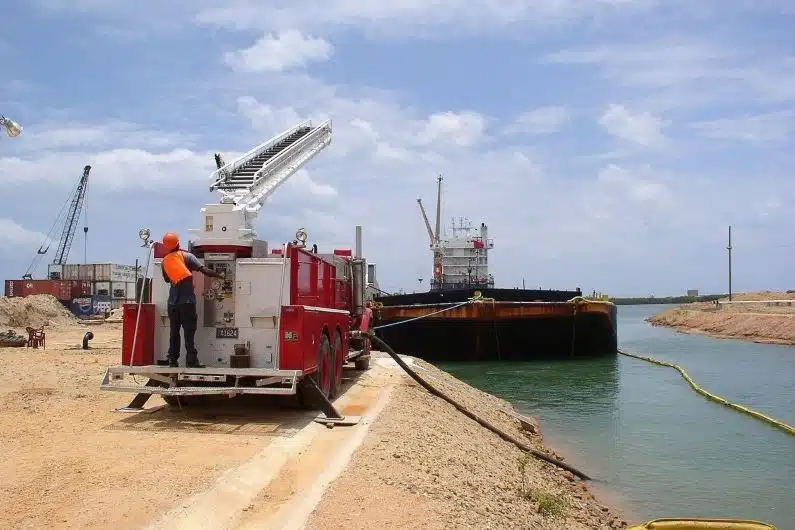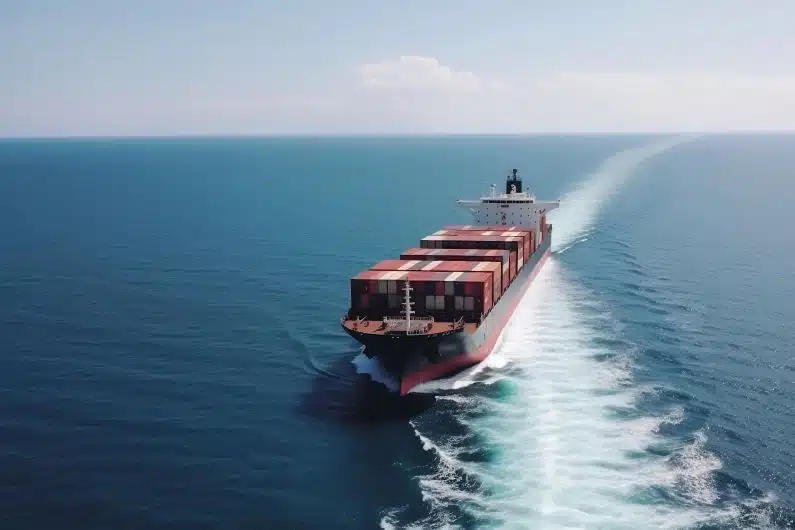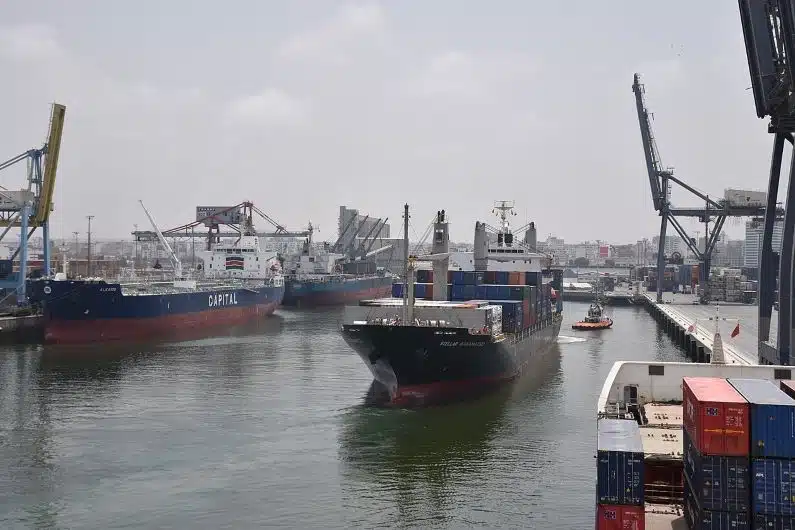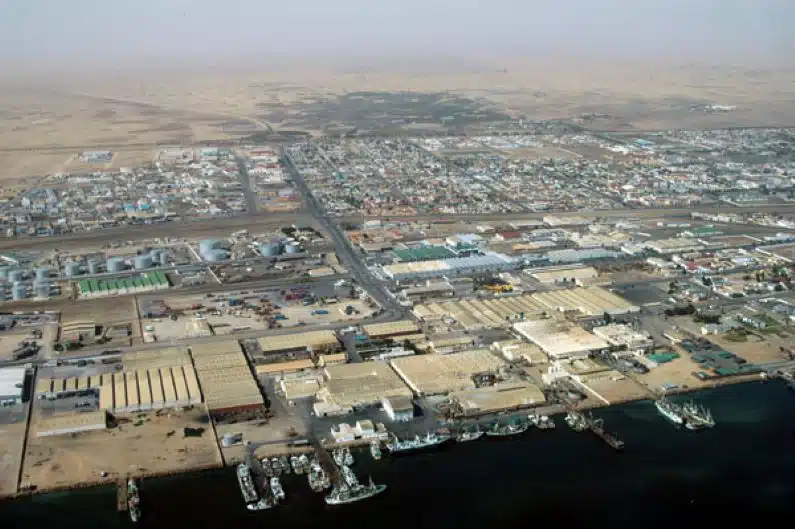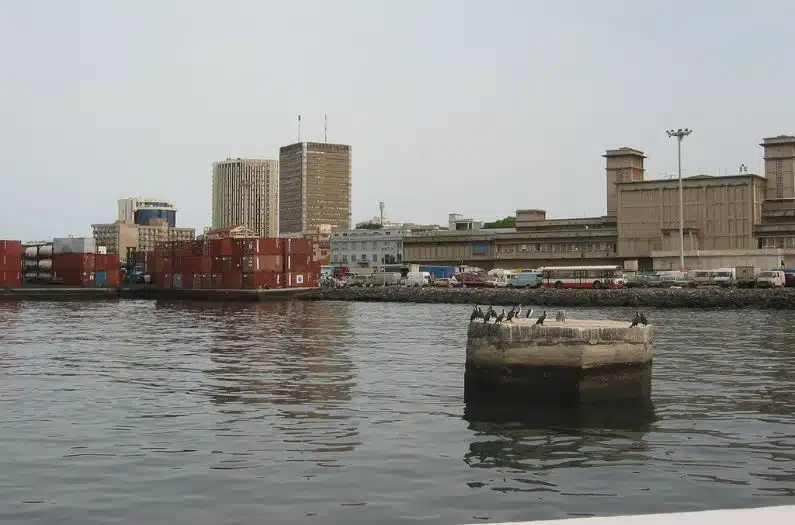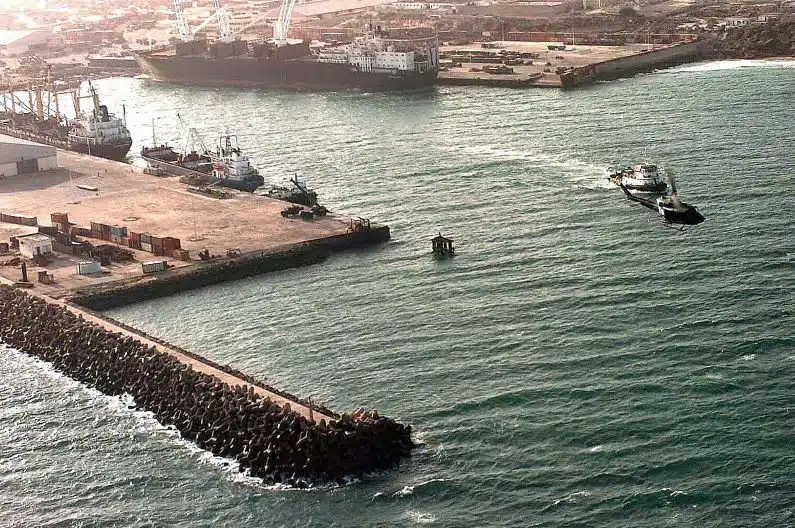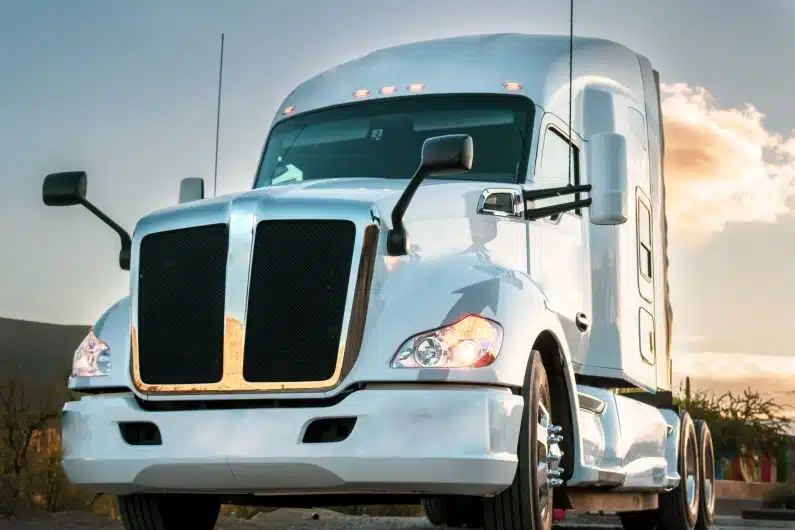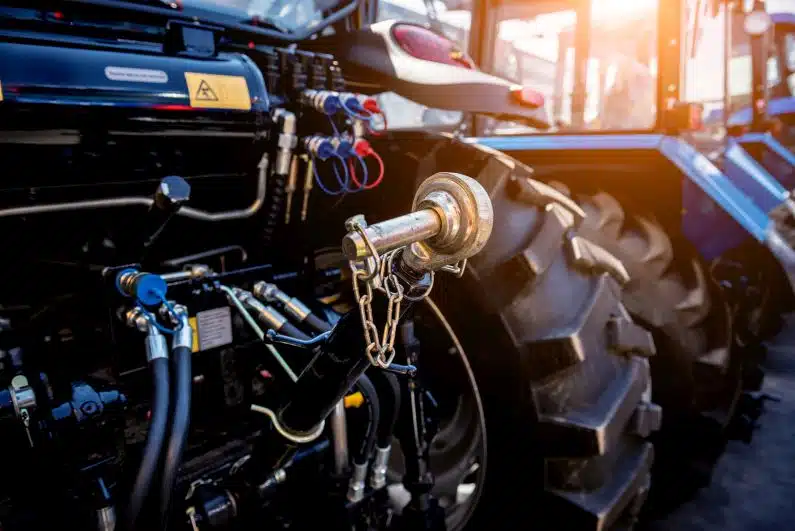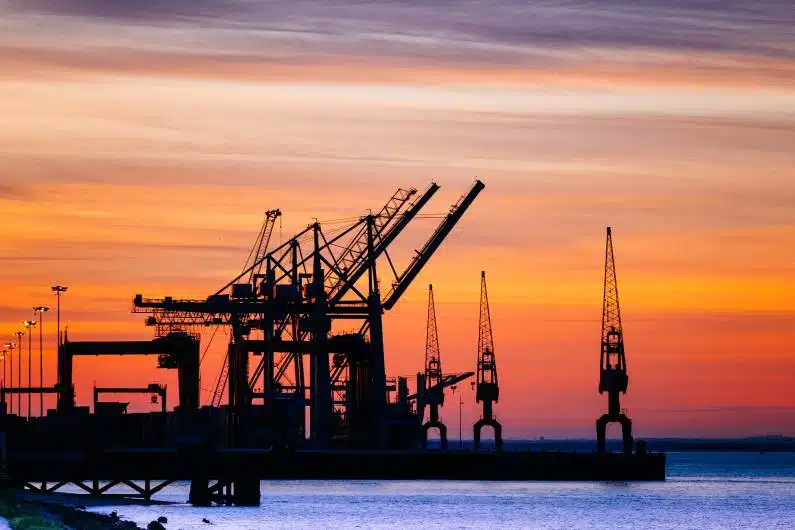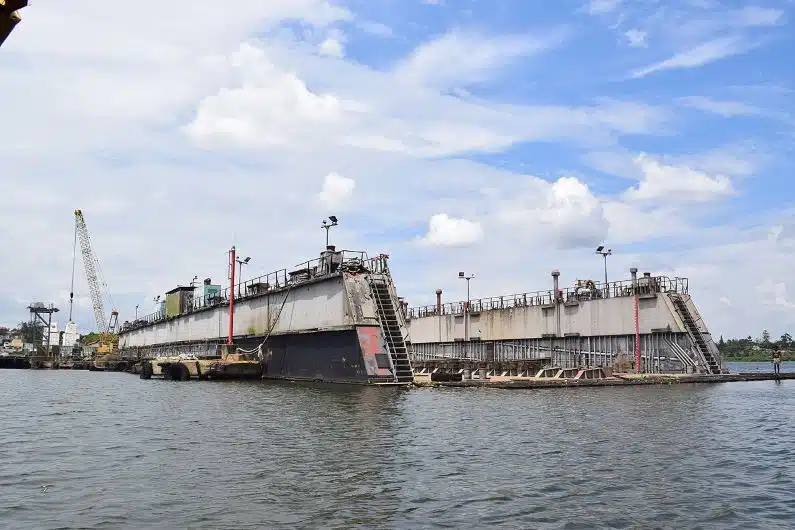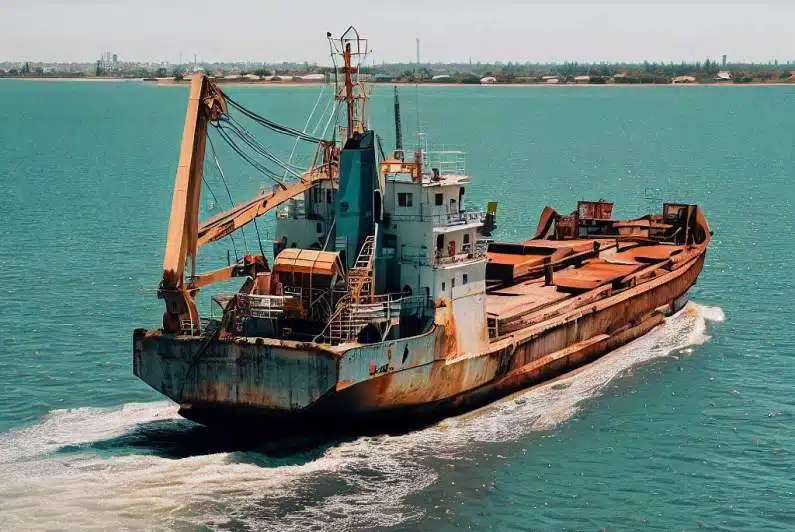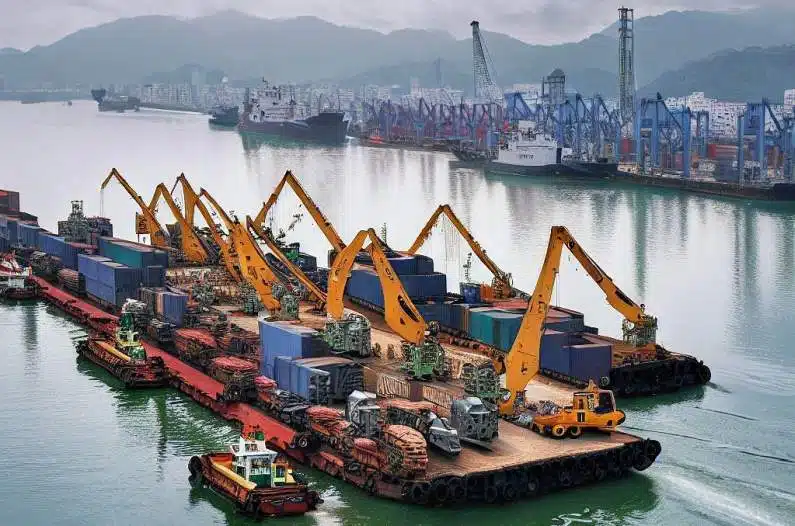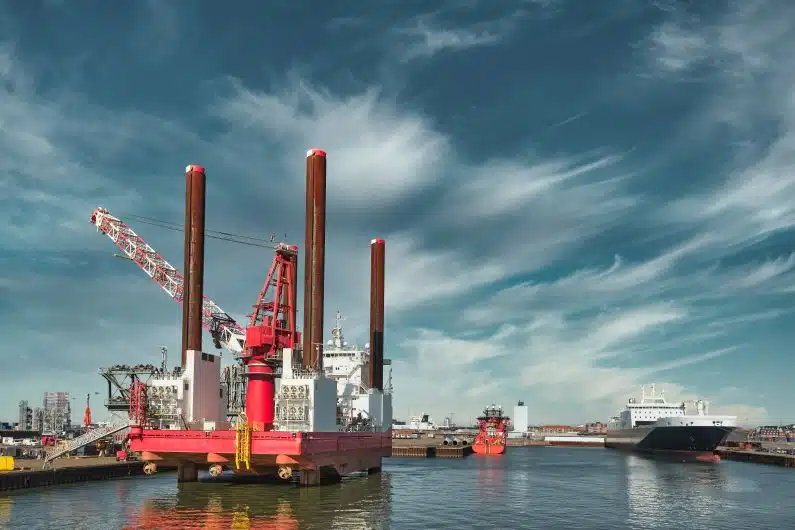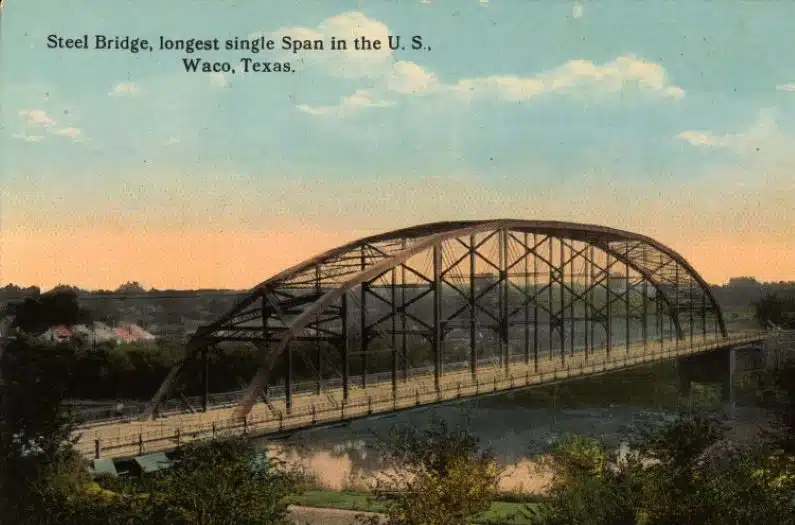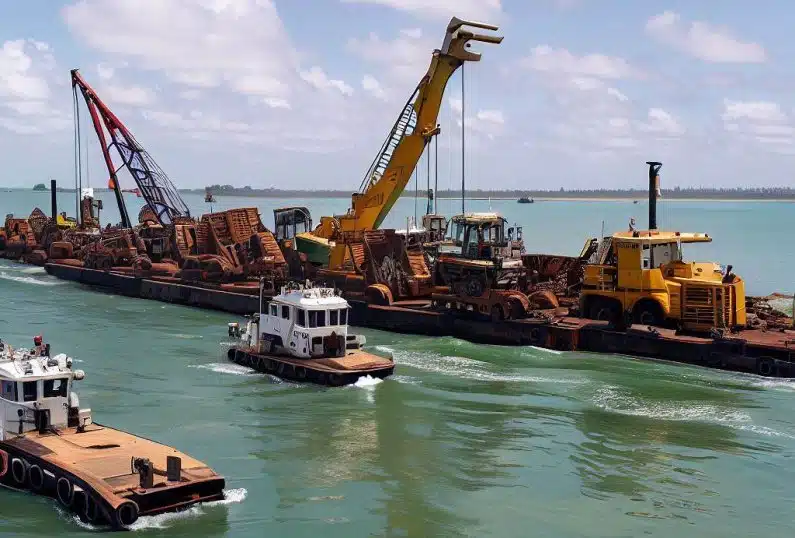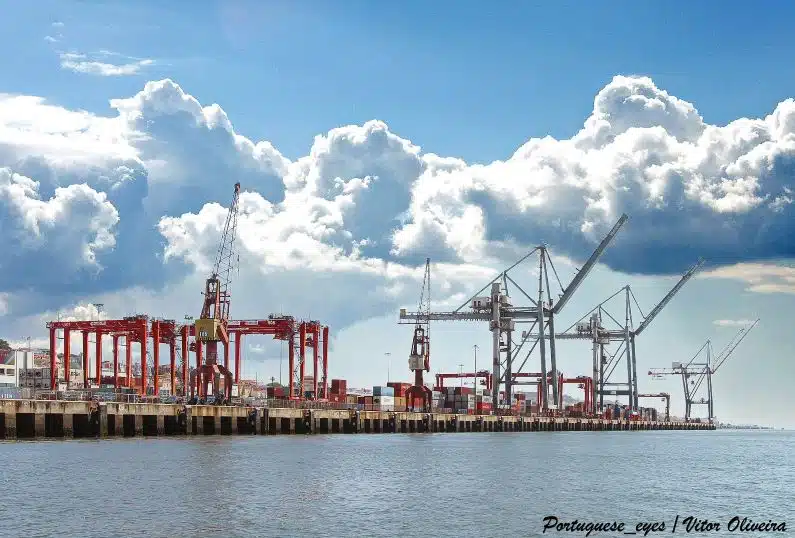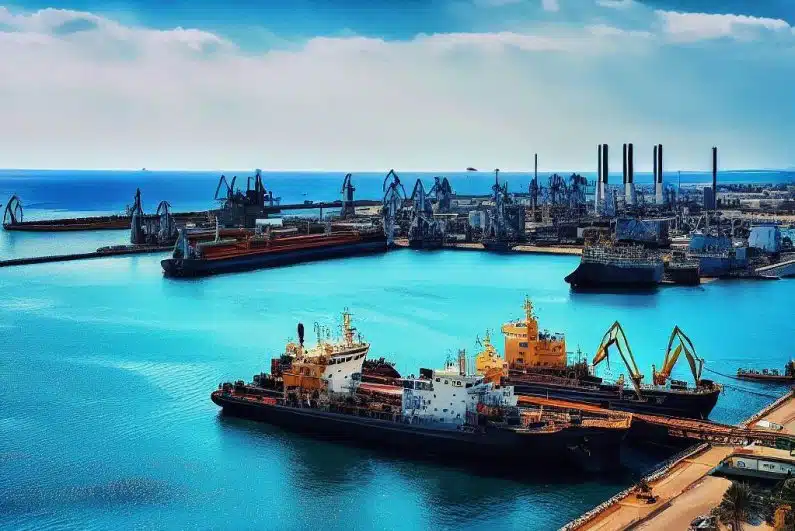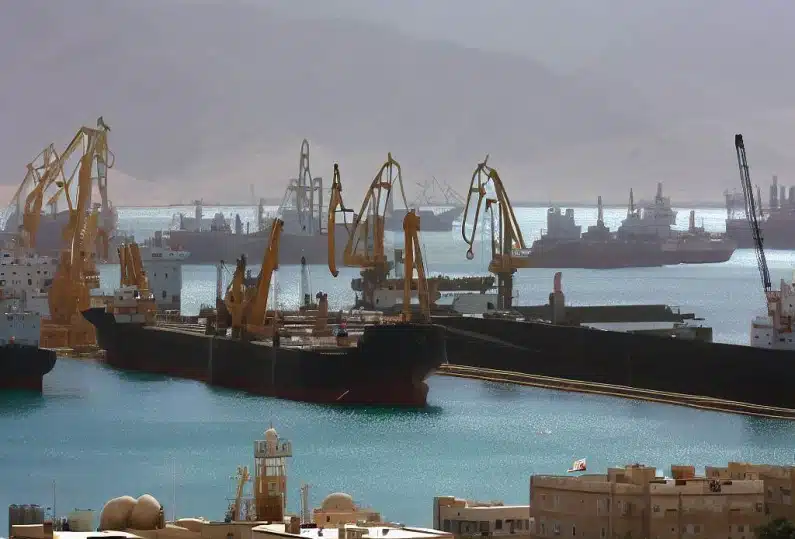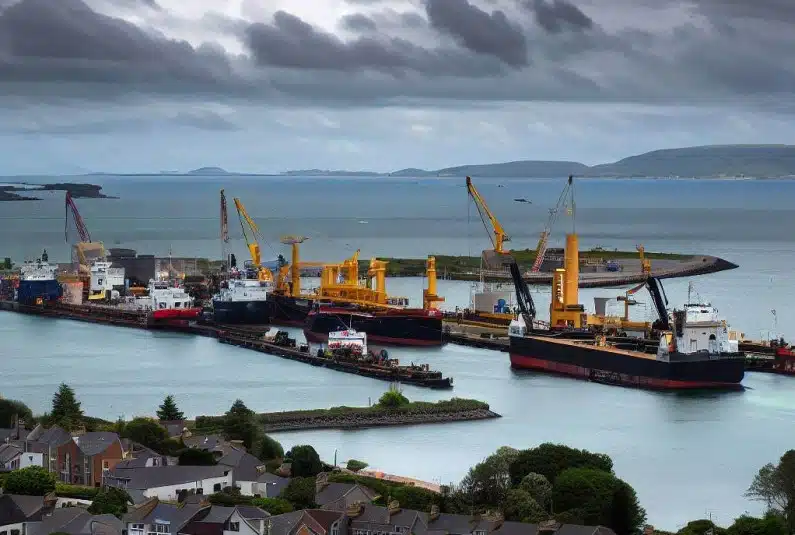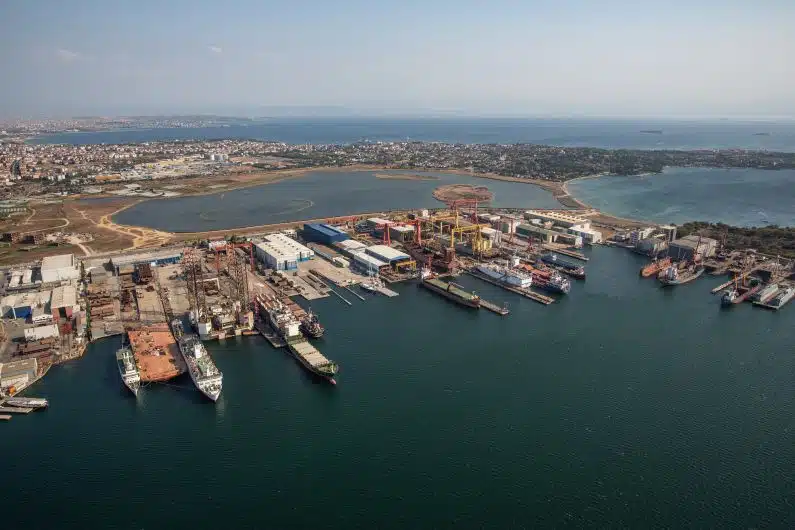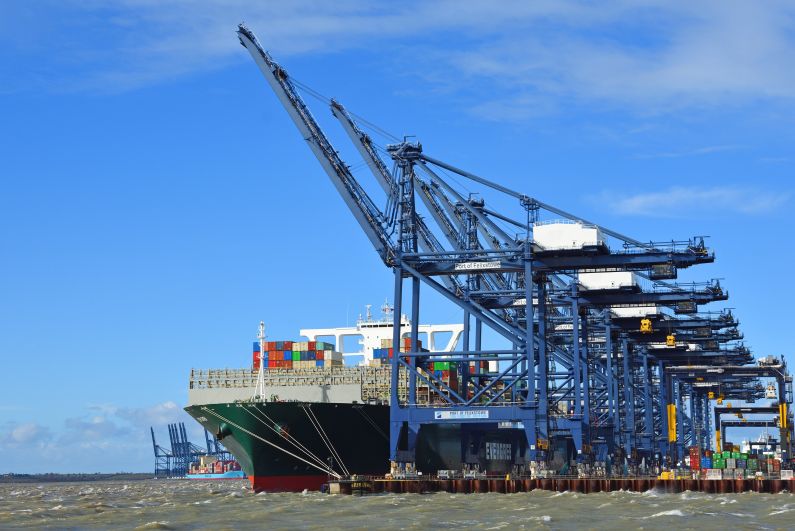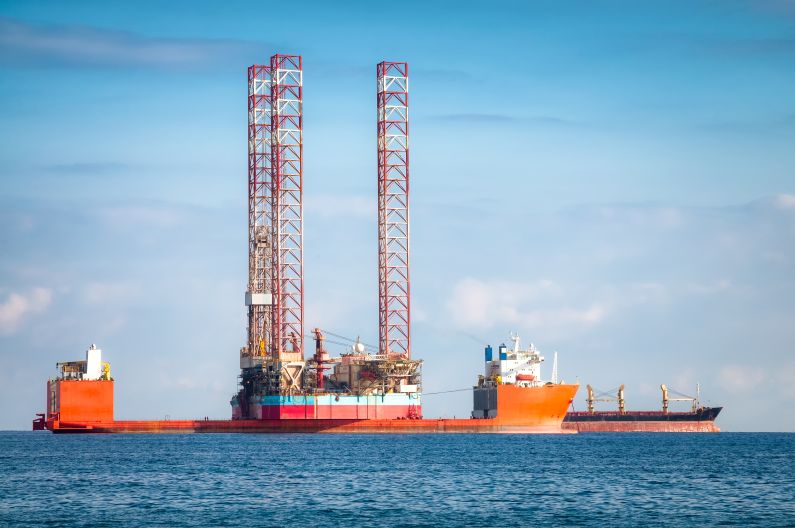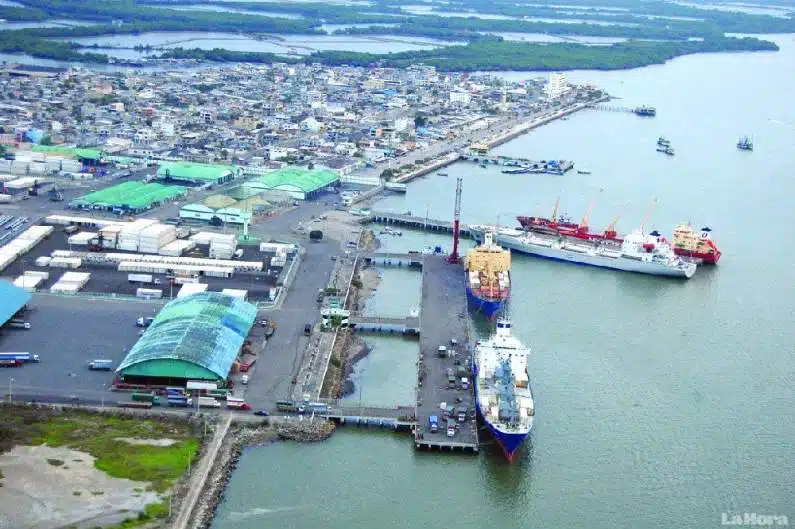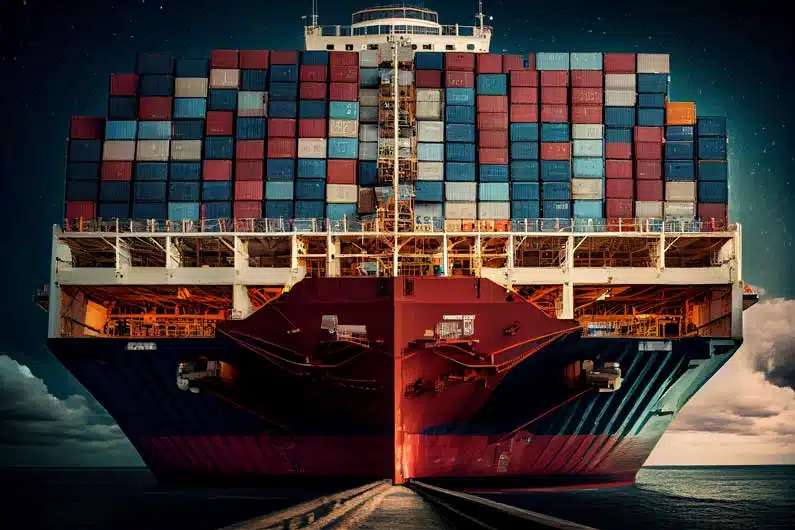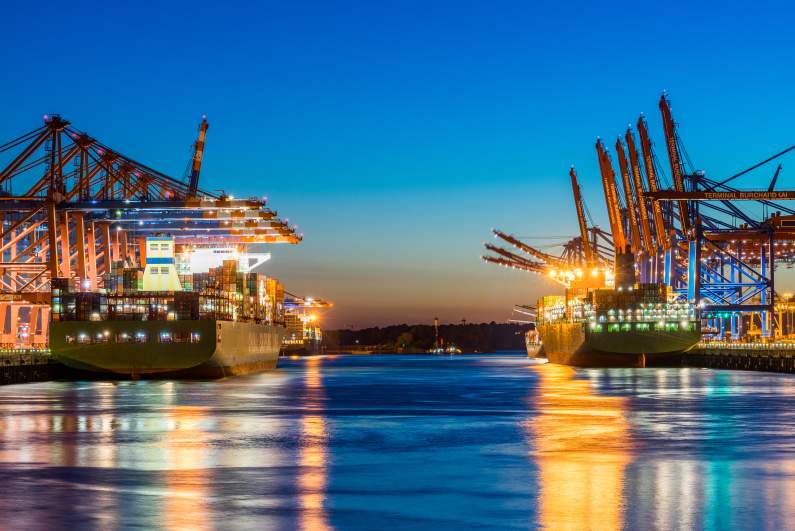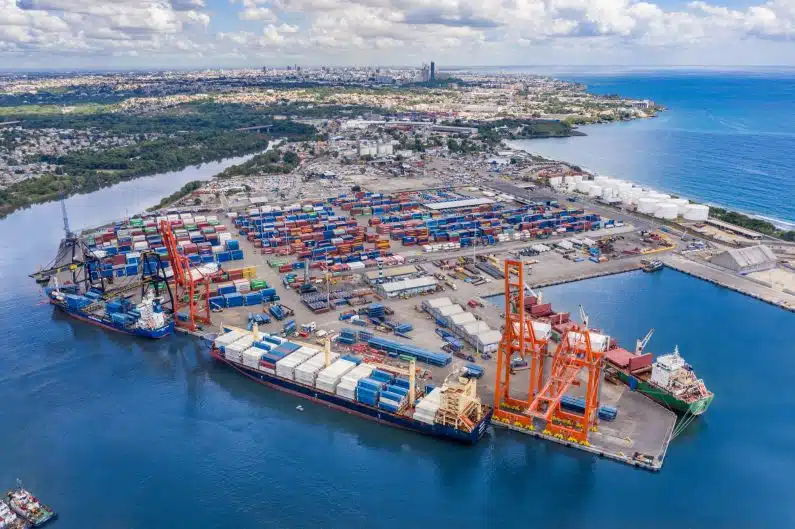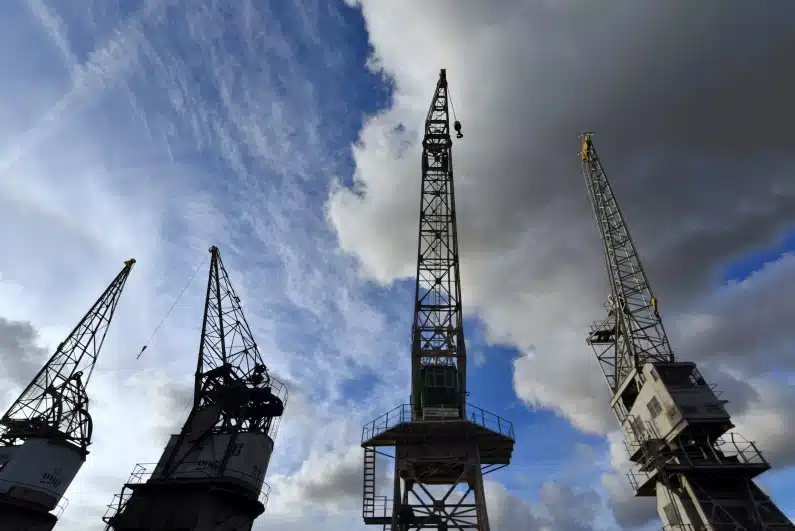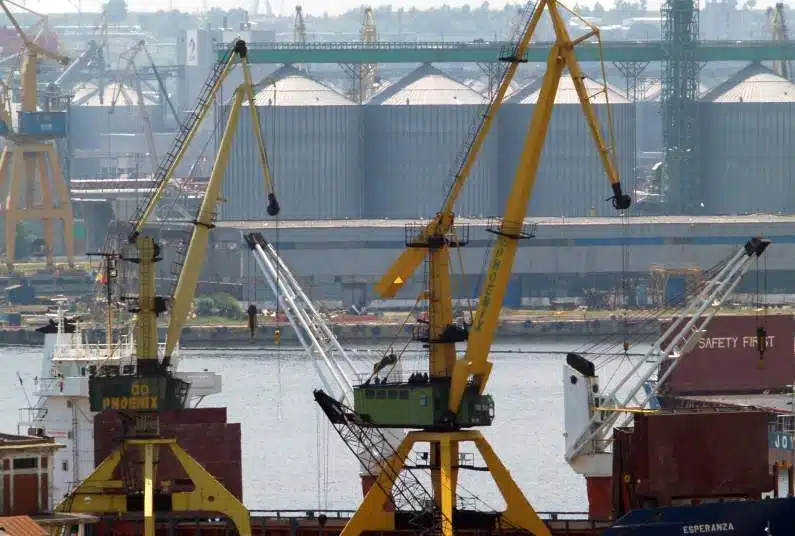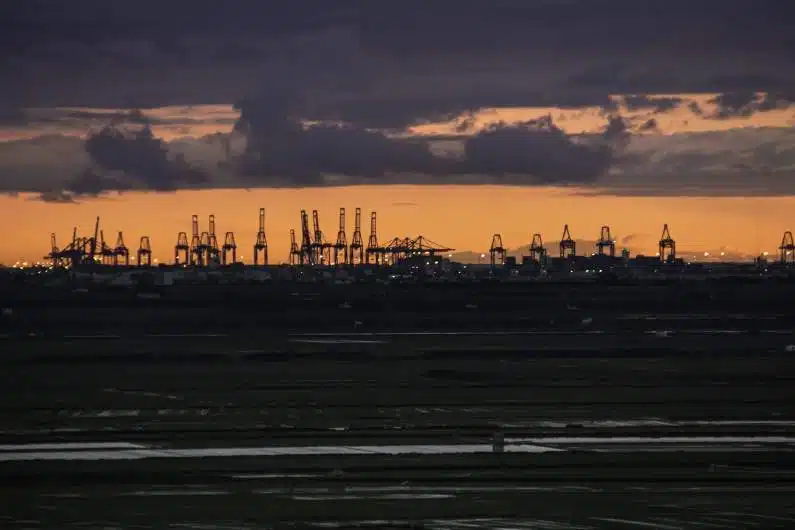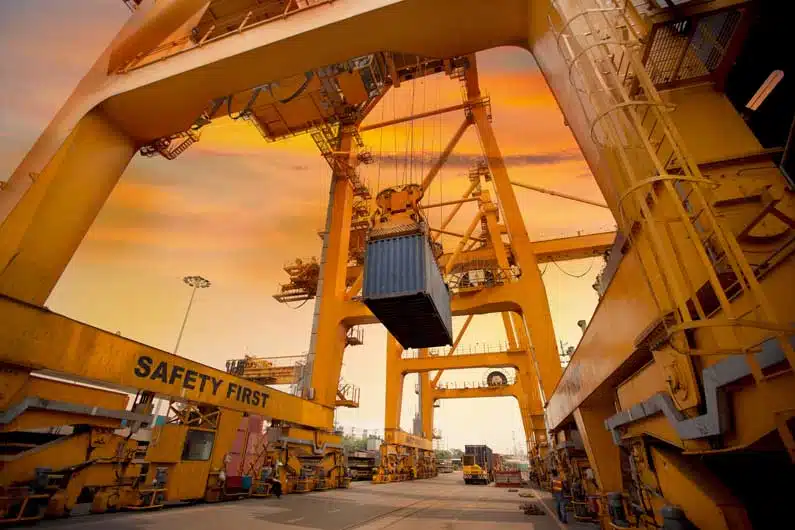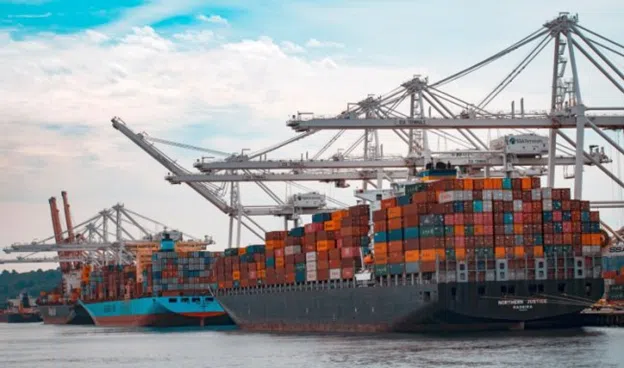The oil industry heavily relies on efficient logistics and transportation to ensure the smooth flow of equipment, including aerial work platforms (AWPs), to various oil fields worldwide. Houston, a major hub for the oil and gas sector, plays a vital role in facilitating the process of shipping aerial work platforms. In this article, we will explore the journey of AWPs from Houston to their destinations across the globe, highlighting the key steps and considerations involved in this intricate process.
The Importance of Shipping Ariel Work Platforms
Shipping aerial work platforms, commonly known as aerial lifts or cherry pickers, from Houston to oil depots worldwide holds significant importance for the oil industry. These versatile machines are indispensable for maintenance, construction, and inspection tasks in oil facilities. By shipping aerial work platforms, Houston plays a crucial role in ensuring that oil depots across the globe have access to the necessary equipment for efficient operations.
These platforms enable workers to reach elevated areas safely, improving productivity, enhancing safety protocols, and minimizing downtime. Whether it’s for routine maintenance, repairs, or emergencies, aerial work platforms enable oil industry personnel to access critical infrastructure, conduct inspections, and carry out essential tasks, ensuring the smooth functioning of oil operations worldwide. The efficient shipping of aerial work platforms from Houston to global destinations enables oil companies to maintain their infrastructure, maximize productivity, and adhere to stringent safety standards in a timely and cost-effective manner.
The Process of Shipping Aerial Work Platforms
Equipment Preparation
Before any AWP can be shipped, thorough preparation is necessary to ensure it is in optimal condition. This involves inspecting the platform for any damages, conducting maintenance checks, and securing all loose components. Additionally, it is crucial to comply with international regulations, such as ensuring all necessary certifications, permits, and documentation are in place.
Selection of Shipping Method
Once the AWP is ready for transport, choosing the appropriate shipping method becomes pivotal. There are several options available, depending on factors like size, weight, urgency, and cost considerations. Commonly used methods include containerized shipping, roll-on/roll-off (RoRo) vessels, and breakbulk shipping. Each method offers its advantages and limitations, and the choice will depend on the specific requirements of the AWP and the destination.
Documentation and Customs Compliance
Shipping aerial work platforms across international borders involves meticulous paperwork and adherence to customs regulations. To avoid delays and potential penalties, it is vital to compile all necessary documentation, such as commercial invoices, packing lists, certificates of origin, and customs declarations. Houston, as a well-established shipping hub, has experienced professionals who can assist with the required paperwork and ensure compliance with customs regulations.
Transportation to Port
Once the AWP is prepared and the paperwork is in order, the next step is to transport it from the point of origin to the port of departure in Houston. This is typically accomplished using specialized heavy-haul trucks or flatbed trailers, ensuring that the AWP is securely loaded and protected during transit. Efficient coordination and communication between the shipping company, logistics providers, and the port are crucial to minimizing any potential delays.
Port Operations and Loading
Houston, widely recognized for its extensive range of port facilities, presents numerous convenient options for worldwide shipping aerial work platforms. The meticulous undertaking entails a diverse range of significant protocols, encompassing containerization, consolidation, and the meticulous anchoring of the AWP onto either a RoRo vessel or a breakbulk cargo ship. Utmost diligence is directed towards ensuring meticulous handling, wherein the AWP is expertly fastened and securely affixed, thereby effectively mitigating any conceivable hazards that may arise during its entire maritime expedition.
Ocean Freight Transportation
After the loading process is complete, the AWP embarks on its journey across the ocean. When shipping aerial work platforms, arrival times will vary depending on the destination, but it is important to consider factors like weather conditions, shipping routes, and potential transshipment points. Throughout the voyage, tracking systems and regular communication with the shipping company enable real-time updates on the AWP’s location and estimated time of arrival.
Destination Port and Customs Clearance
Upon arrival at the designated port of arrival, the AWP proceeds to undergo meticulous customs clearance and rigorous compliance protocols. Local customs authorities diligently scrutinize the requisite documentation and may conduct meticulous physical inspections to verify strict adherence to the prevailing regulations. It is imperative to enlist the expertise of proficient local agents or astute customs brokers well-versed in the import procedures of the destination country to seamlessly navigate through this pivotal phase with utmost efficiency.
Onward Transportation and Installation
Once the AWP clears customs, it is transported to its final destination within the oil field or refinery. This process may involve additional road or rail transportation, depending on the location. Skilled operators and technicians will be responsible for unloading and installing the AWP safely, ensuring it is ready for operation.
Why Texas International Freight Is the Best Option for You When Shipping Aerial Work Platforms
When it comes to shipping aerial work platforms worldwide, Texas International Freight, located in Houston, Texas, an international hub for oil and gas, emerges as the best option for customers. With its extensive experience and expertise in handling logistics for the oil industry, Texas International Freight understands the unique requirements and challenges associated with shipping aerial work platforms.
Texas International Freight’s commitment to exceptional customer service ensures that clients receive personalized attention and guidance throughout the shipping process. Leveraging their strong network and relationships with carriers, Texas International Freight offers competitive rates and optimized shipping solutions, tailored to the specific needs of customers.
Conclusion
Shipping aerial work platforms for use in the oil industry from Houston to destinations worldwide is a complex and coordinated process. From the initial equipment preparation to customs compliance, port operations, and final installation, each step requires careful planning, adherence to regulations, and efficient coordination between various stakeholders involved. Houston’s status as a significant oil industry hub and its robust port infrastructure make it a critical gateway for shipping AWPs, contributing to the global operations of the oil industry.

